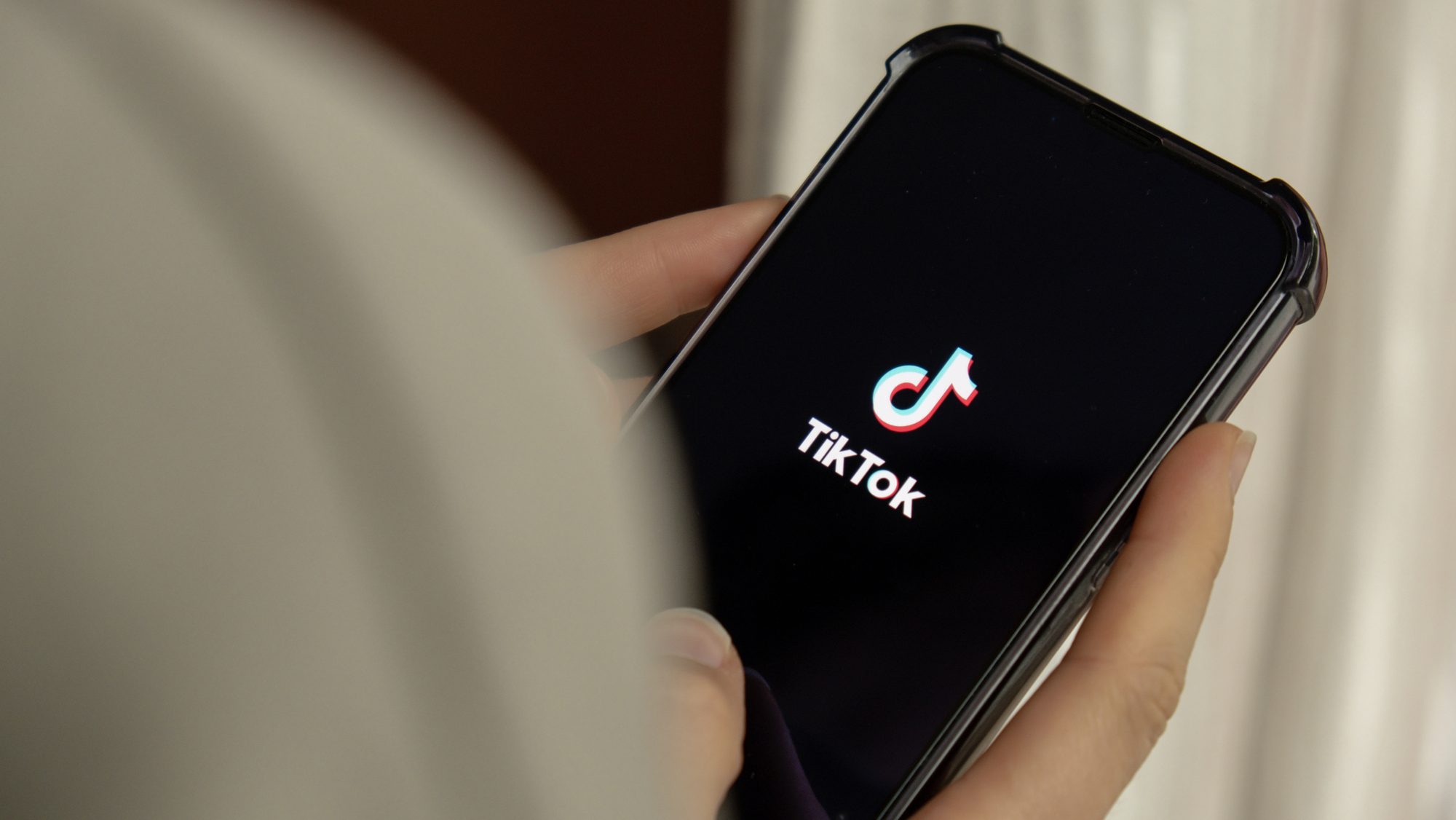SINGAPORE: Singapore retailers are turning to TikTok to reach global customers, especially young adults who enjoy funny videos and pranks.
The social media platform, known for its short videos and everyday influencers, offers brands a way to connect with international shoppers without spending big on celebrity endorsements, thanks to its over a billion active users globally.
According to Singapore Business Review, Chenhao Zhu, co-founder of SpoonX Marketing Agency, shared that TikTok’s influencer marketing differs from traditional advertising.
He said, “Unlike the marketing of yesteryear, which tended to focus more on celebrities or big names, the everyday influencer is more relatable and has a much stronger influence on the current generation of social media consumers.”
He added that influencer marketing can be “very powerful” in starting trends and boosting product demand, even in markets far from where the product was initially intended to be sold.
According to Influencer Marketing Hub, the influencer marketing industry is projected to reach $24 billion by the end of the year, with 63% of brands expected to use artificial intelligence (AI) to run their influencer campaigns.
The report noted that TikTok is the top platform for influencer marketing, with 69% of brands using it, far ahead of Instagram with 47%, YouTube with 33%, and Facebook with 28%.
The app is especially popular in Singapore, where 3.38 million users aged 18 and above were recorded at the start of 2024.
Mr Zhu explained that retailers are making a smart move by targeting Singaporeans aged 25 to 34, as this age group is known for being highly engaged with TikTok.
With influencer marketing, brands can build consumer trust and improve their reputation through social media, as it enables people to openly share their opinions about products. However, it also holds brands accountable, which can make or break a brand’s image.
Mr Zhu noted that retailers can’t simply be “taking the easy route” by paying influencers to promote their products if those products are not of good quality.
One feature of TikTok that has proven useful for retailers is livestreaming.
Local brand Benew has used this tool to reach viewers in Malaysia, helping them break into the market there. Benew’s founder, Aqilah Adnan, explained that regular livestreams and posts on TikTok have helped the brand build a steady audience from countries like Malaysia.
TikTok’s platform also allows for cost-effective marketing, as content with the right tags can reach viewers globally without needing them to search for the brand.
However, TikTok’s yellow basket feature, which lets users buy products during live streams, is limited to viewers in the same region. Despite this, Benew has received interest from international customers.
To handle this, they use Instagram to process orders from viewers outside their region, personally contacting customers on the brand’s website for purchases.
TikTok is also helping to bring international products into Singapore. Viral items like the Stanley Cup, Prime Hydration drinks, and Dubai’s Fix Chocolate, all popularised on TikTok, are now available in Singapore through local retailers.
According to Mr Zhu, local retailers, including Takashimaya, have introduced the Stanley Cup, while supermarkets like NTUC Fairprice have started selling Prime Hydration drinks. The SGFR Store has also brought in Prime Hydration drinks and Fix Chocolate.
He added that The SGFR Store has excelled at spotting and quickly introducing viral products, effectively staying ahead of the competition. They have also done an excellent job marketing these products on their own TikTok channel.
While TikTok offers retailers new opportunities, there are challenges, too. Products can rise and fall in popularity quickly.
Mr Zhu noted that many retailers are still tied to slow processes like procurement and stocking, making it hard to keep up with fast-moving social media trends. To avoid this issue, Mr Zhu suggested that retailers try to create their own trends to drive sales.
He also mentioned that while brands currently face challenges in deciding whether to create a Southeast Asian social media account or a more country-specific one, this choice “may not be as difficult to make” in the future.
At the start of 2024, TikTok had 3.38 million users aged 18 and older in Singapore, according to ByteDance. Data from fintech company Airwallex showed that one in four Singaporeans preferred using TikTok for cross-border purchases on social media. /TISG
Featured image by Depositphotos (for illustration purposes only)

